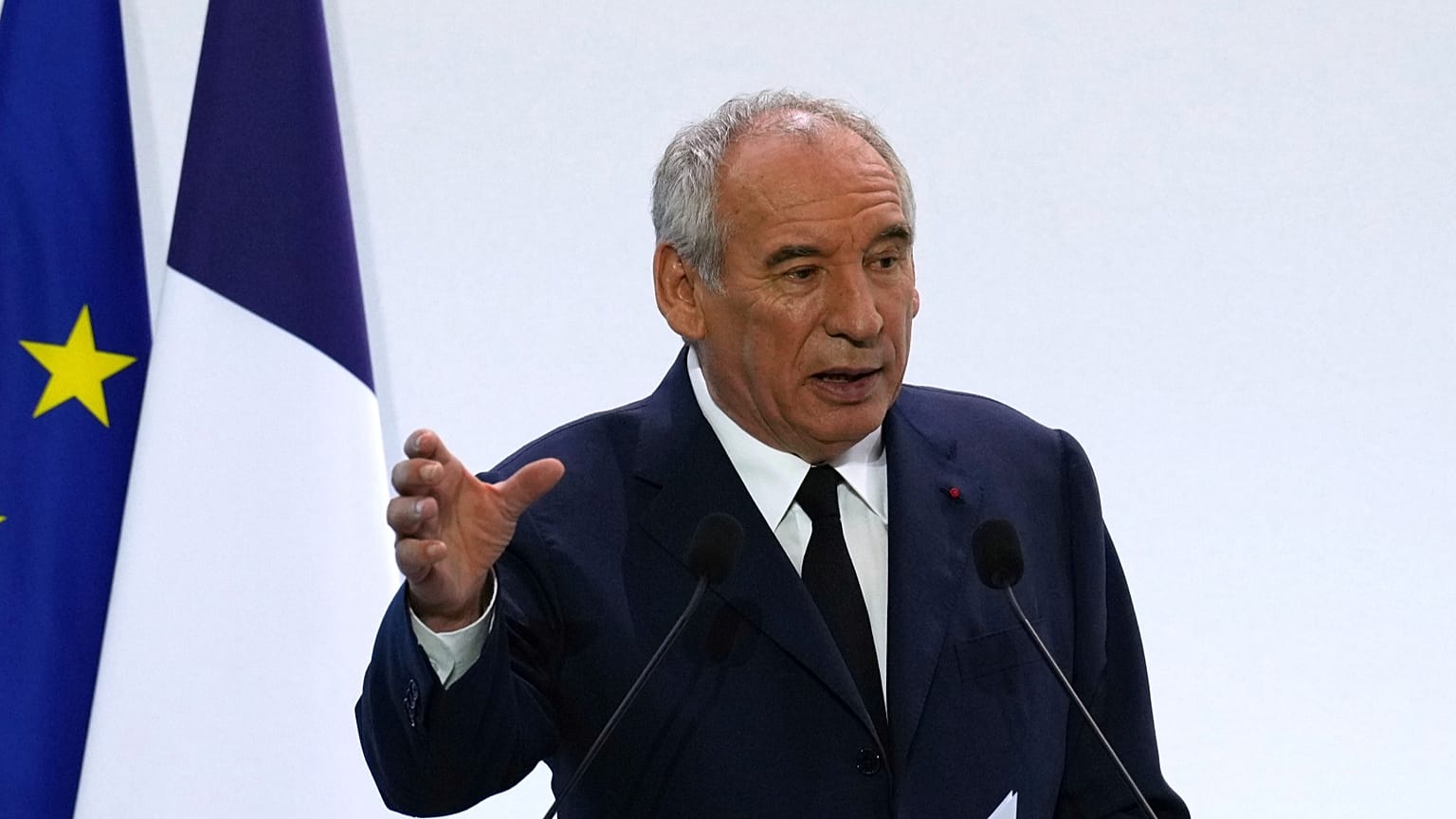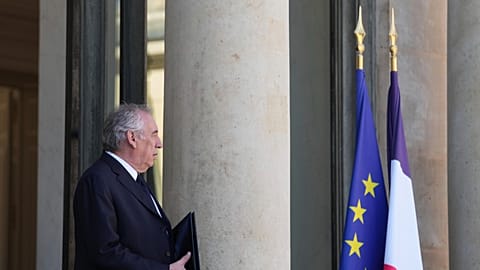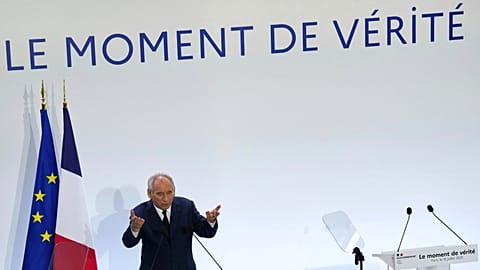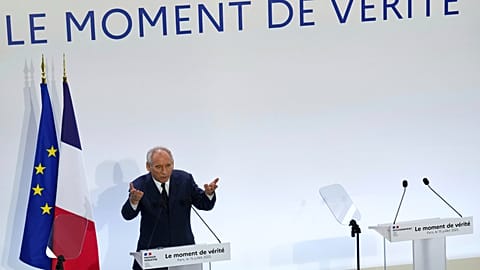While equities shrugged off the latest political drama in Paris, the bond market’s sharp move higher could indicate investors are bracing for a deeper test of Europe’s fiscal stability.
European markets sent mixed signals on Monday ahead of a vote that will likely see France, a top EU economy, start looking for its fifth prime minister in three years.
While equities proved surprisingly resilient, French bonds were more shaken by the anticipated vote, especially as it was prompted by a debate over the French budget for next year and highlighted an uneasy balance between short-term market confidence and longer-term fiscal concerns.
Wider political instability in France has led to market spikes in recent months amid parliamentary gridlock and fiscal tensions.
An uncertain future for France?
French Prime Minister François Bayrou called for a vote of confidence in the parliament in an attempt to tie the government's survival with the passing of the 2026 budget, but opponents of the centrist head of government, such as the National Rally and the Socialist Party, have since announced they will be voting against him.
On Monday morning, the pan-European STOXX 600 index rose 0.33%, while France’s benchmark CAC 40 climbed roughly 0.4%, a modest gain that calmed fears of immediate turmoil and likely means that the upcoming political drama—which has been drawn out for weeks and whose end result is largely predictable—has already been priced in.
"France is grappling with a highly disillusioned electorate, resistant to austerity moves, which makes reducing the country’s large deficit highly tricky," said Susannah Streeter, head of money and markets at Hargreaves Lansdown.
The bond market sent a darker signal. French long-term borrowing costs surged to levels unseen since 2009, reflecting investor unease about the country’s fiscal outlook ahead of likely political deadlock.
The bond yields are a confidence vote in a government, so when France’s long-term borrowing costs shoot up, it means investors are not confident Paris can handle its finances right now.
"France is being seen as the most ’troublesome child’ in Europe when it comes to fiscal position. But it’s the prime ministers who keep being expelled for being unable to tame unruly lawmakers and impose spending restraint," Streeter continued.
The repercussions will reach far beyond the gilded halls of the Élysée as the Eurozone’s second-largest economy is already on shaky fiscal ground with public debt nearing 114% of GDP and a deficit soaring around 5.8%, far above EU norms.
If French yields keep climbing, the gap with ultra-safe German bonds starts to widen and once that spread gets too big, it risks wider Eurozone debt insecurity.
Bayrou’s expected ousting amplifies fears of policy paralysis and delayed fiscal consolidation, and it could lead to wider instability in the Eurozone's core as the EU desperately needs monetary stability to stave off transatlantic trade tensions.


















